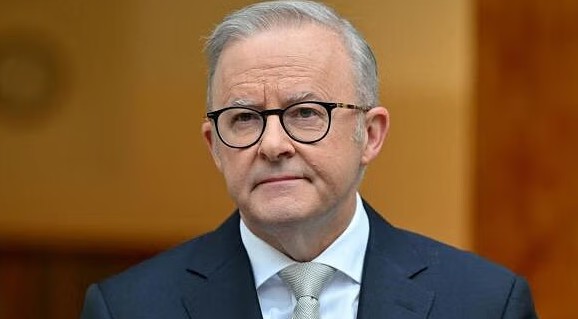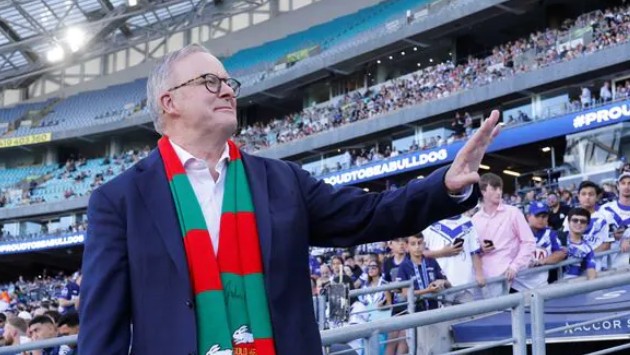
Australia PM Anthony Albanese, other politicians received A$245,000 in sports tickets amid gambling lobbying
Australian politicians have been gifted approximately A$245,000 ($147,000) in match tickets over a period of nearly two years, provided by the country’s top sporting leagues as part of a concerted lobbying effort to block a proposed ban on online gambling advertising. This figure, calculated by Reuters based on government documents, reveals for the first time the financial scale of the gifts given to politicians and highlights the role that sporting bodies played in lobbying against the ban.
While previous media reports had suggested heavy lobbying by the gambling industry to prevent the ban, this new data quantifies the political influence wielded by the sector. The gifts, which primarily consisted of tickets to high-profile sporting events, were disclosed in the parliamentary gift register, underscoring the connection between sports, gambling, and politics.

The Gambling Industry’s Influence on Policy
The proposed ban on online gambling advertising, which has been a significant issue in Australian politics, was first highlighted by a 2023 report commissioned by Labor Prime Minister Anthony Albanese’s government. The report recommended a comprehensive ban on all forms of online gambling advertising, citing concerns about the harm caused by constant exposure to gambling promotions, particularly in sports broadcasts. The ban was seen as a crucial step toward protecting vulnerable Australians, particularly children, from the increasing normalization of gambling.
However, despite the report’s recommendations, the issue was taken off the legislative agenda late last year. The decision to delay action on the ban was a significant shift for Albanese’s government, especially considering his earlier promise to crack down on gambling advertising. The matter will now be addressed by a new parliament, following Australia’s upcoming general election on May 3, in which Albanese’s party is expected to win by a narrow margin. The delay has raised questions about the government’s commitment to tackling the problem of gambling harm, particularly when polls show that three-quarters of Australians support a ban on gambling advertising.
The revelation that Australian politicians received A$245,000 worth of sports tickets during this period adds fuel to the fire, with critics pointing to the extent of lobbying efforts from the gambling industry and its allies in the sports sector. These gifts are seen by many as an attempt to sway political decision-making, and the amount of influence they may have had in delaying the gambling advertising ban is deeply concerning.

The Growing Public Support for Gambling Advertising Reform
Despite the political challenges, the issue of gambling advertising continues to gain traction in the public sphere. Polls consistently show that three-quarters of Australians want the government to implement a ban on gambling ads. This broad public consensus indicates a strong desire for action and an increasing awareness of the negative impact gambling advertising can have on individuals and families.
The gambling industry’s resistance to the proposed ban has been fierce, with various lobby groups and sporting organizations arguing that such a measure would hurt the economy and damage the relationship between sports and gambling companies. However, proponents of the ban argue that the social costs of gambling addiction far outweigh any potential financial losses for the sports industry. In fact, many health experts argue that the harm caused by gambling advertising is contributing to a public health crisis that could have long-term consequences for Australian society.
While the delay in action by Prime Minister Albanese’s government has drawn heavy criticism, the issue is unlikely to disappear from the political agenda anytime soon. As the general election approaches, the gambling advertising ban is expected to remain a key point of contention. Many political commentators predict that the outcome of the election could influence the direction of future policy on gambling regulation, with voters increasingly demanding stronger protections from the dangers of gambling addiction.